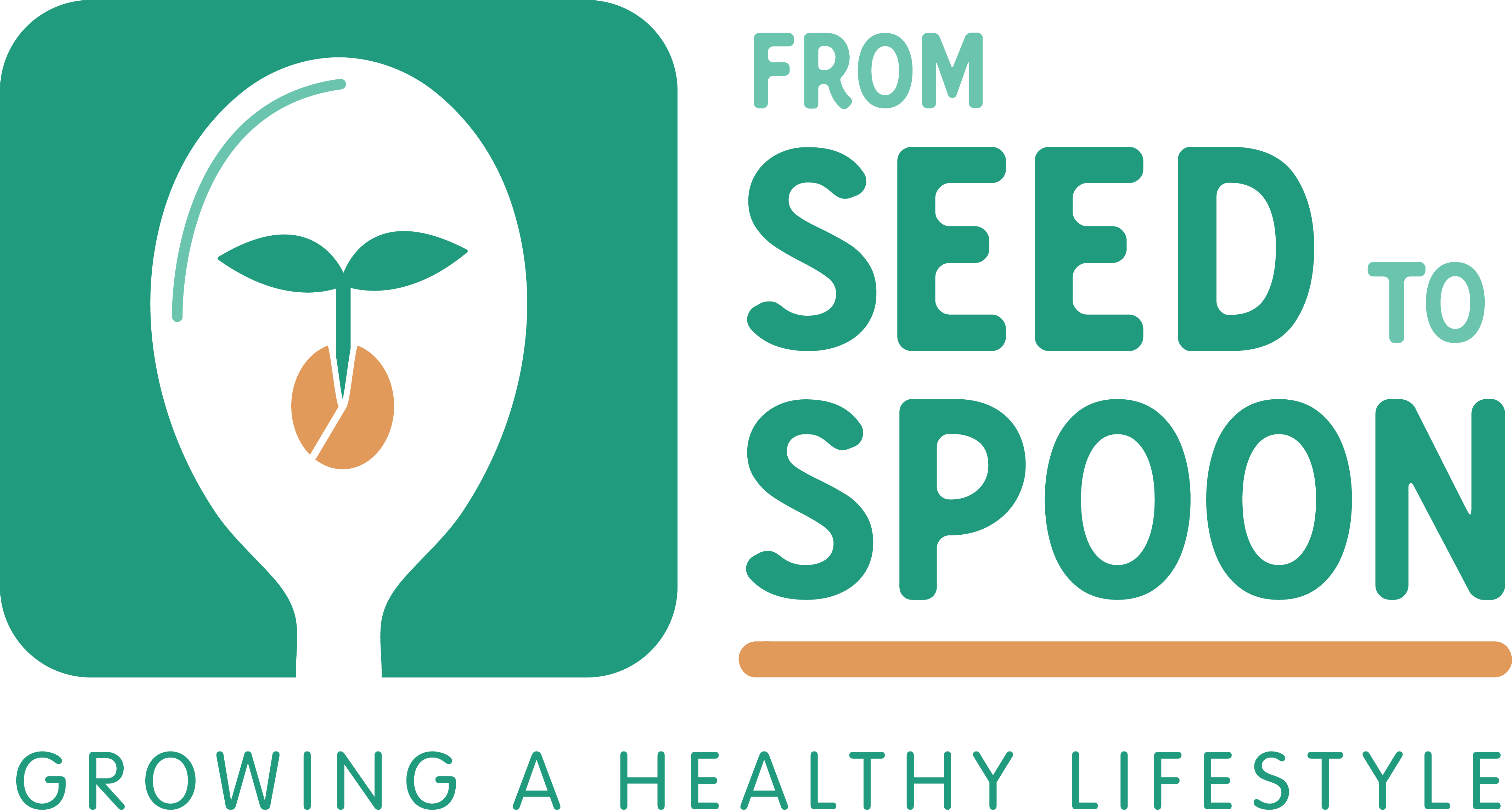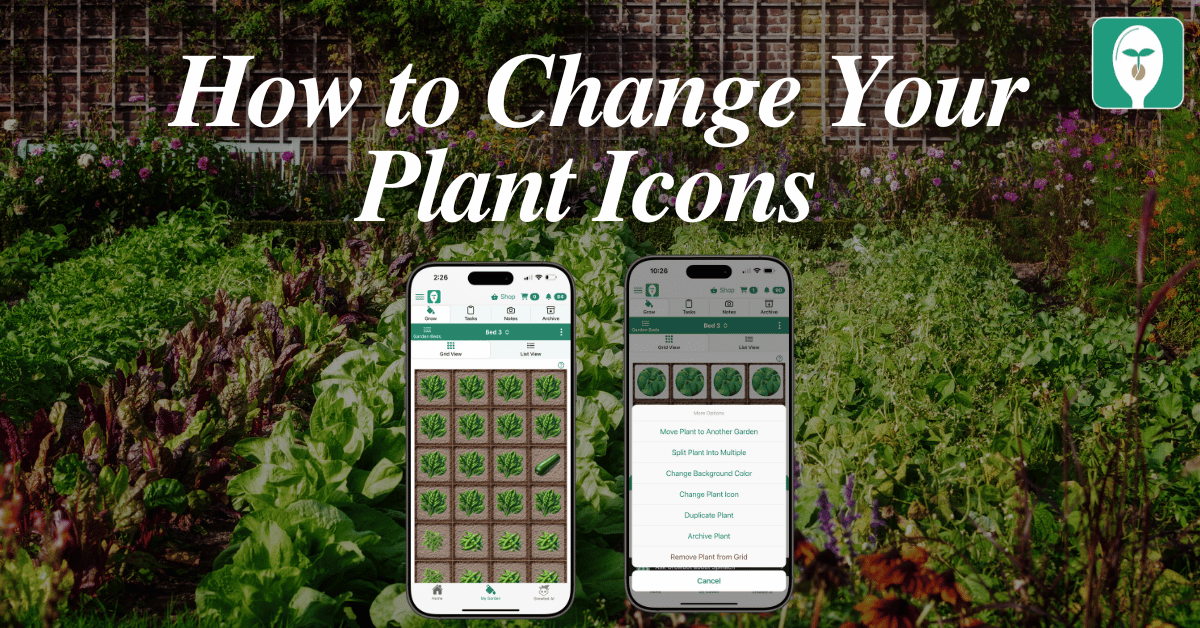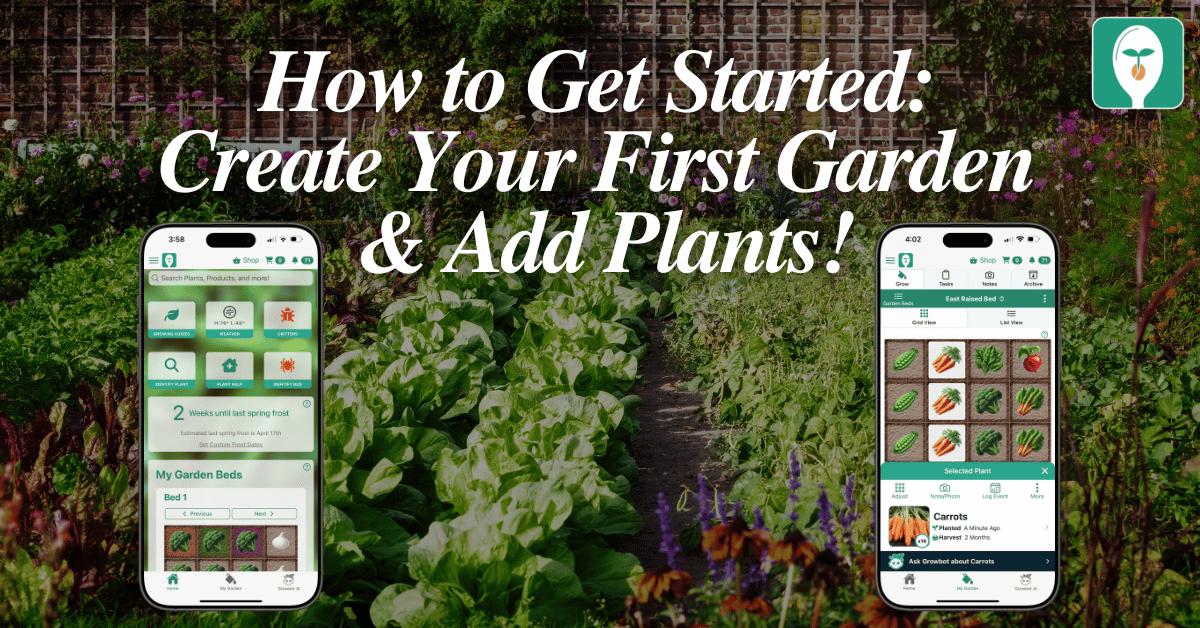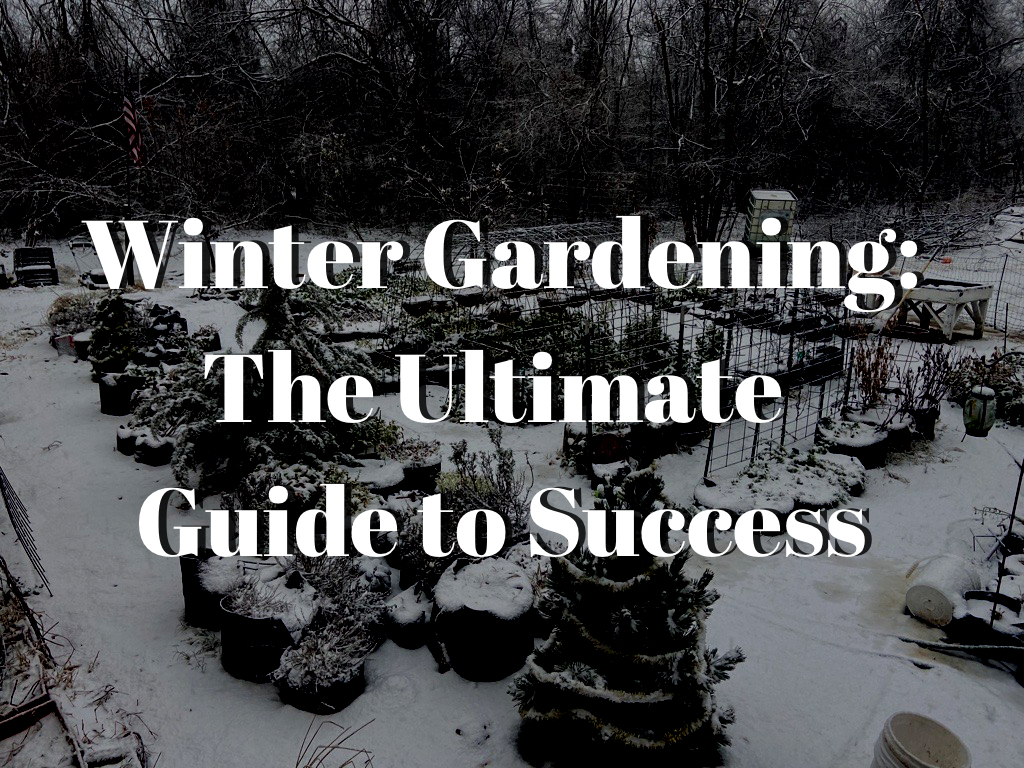
Winter can be a challenging time for gardeners, but with the right planning and tools, you can still grow delicious, healthy food in the colder months. And with the From Seed to Spoon app, it’s even easier to navigate the winter gardening season.
One key to success in winter gardening is choosing the right crops. Cold-hardy vegetables like spinach, kale, and carrots can handle the chill and continue to grow in the colder months. You can also try growing winter greens like lettuce and arugula in a greenhouse or cold frame to extend the growing season.
Another important factor in winter gardening is planning your planting dates. The From Seed to Spoon app makes it easy to calculate the best time to plant your winter crops by taking into account your location and the specific variety of plants you are growing. The app also provides customized growing guides for each plant, so you know exactly how to care for it throughout the season.
In addition to choosing the right crops and planning your planting dates, it’s also important to protect your plants from the elements. A layer of mulch can help insulate the soil and keep it moist, while a floating row cover or low tunnel can provide extra warmth and protection from frost. The From Seed to Spoon app can also help you identify the best methods for protecting your plants in the winter.
Growing food in the winter may take a little extra effort, but the rewards are worth it. Not only can you enjoy fresh, homegrown produce even in the colder months, but winter gardening can also provide a sense of accomplishment and connection to the natural world. And with the help of the From Seed to Spoon app, you’ll have all the tools you need to succeed. So why not give winter gardening a try and see how delicious and satisfying it can be?
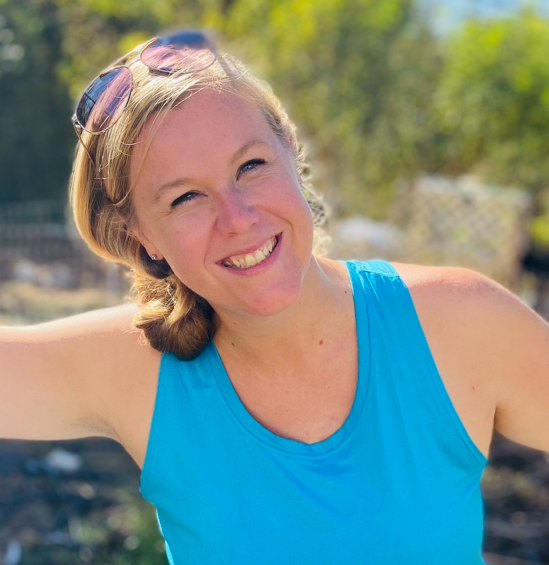
Carrie Spoonemore, co-founder of “From Seed to Spoon,” stands as a beacon of inspiration for gardeners and health enthusiasts alike. Her journey alongside her husband, Dale Spoonemore, in creating a platform that demystifies gardening and promotes a healthier lifestyle, has made a significant impact on individuals around the globe. Through the “From Seed to Spoon” app, Carrie has dedicated herself to empowering people to take control of their health and environment by growing their own food.
With a profound belief in the power of gardening to improve mental and physical health, Carrie’s contributions to the Seed to Spoon blog reflect her holistic approach to wellness. Her articles often focus on the nutritional benefits of homegrown fruits and vegetables, organic gardening practices, and the mental health benefits of spending time in nature. Carrie’s expertise in health science shines through in her detailed discussions on how specific plants can contribute to a balanced diet and overall well-being.
Carrie’s passion for gardening is deeply intertwined with her commitment to family and community wellness. She frequently shares personal stories of how gardening has brought her family closer together, offering practical tips for involving children in gardening activities and making it a fun, educational experience. Her writing encourages families to explore gardening as a means of spending quality time together while learning about nature and sustainability.
In addition to gardening advice, Carrie’s contributions to the blog include insights into the use of technology to enhance the gardening experience. She has played a crucial role in designing the “From Seed to Spoon” app to be user-friendly, ensuring that users of all ages and backgrounds can navigate the complexities of gardening with ease. Her vision for the app is not just as a gardening tool but as a vehicle for change, inspiring individuals to adopt a more sustainable lifestyle by growing their own food.
Carrie Spoonemore’s presence on the blog is marked by her compassionate approach to teaching and her unwavering belief in the transformative power of gardening. Her work continues to inspire a community of gardeners to pursue a healthier, more sustainable way of living, proving that with the right tools and knowledge, anyone can become a gardener and advocate for their health and the planet.
